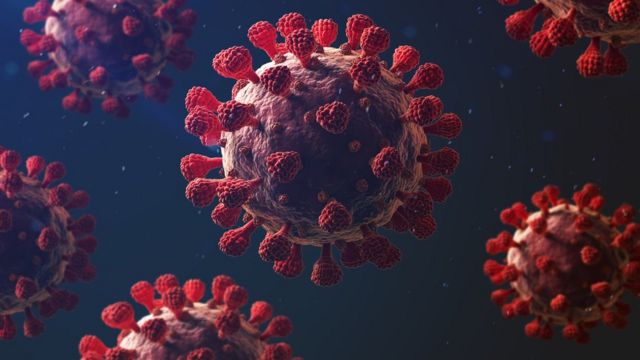The Covid-19 pandemic is still ongoing and has claimed many victims. As of November 2020, no effective drug has been found for this disease, so the biggest hope lies in the vaccines. In human history, vaccines have been effective in preventing many diseases. There are three diseases, in fact, that have been wiped out of the world thanks to the big role of vaccines. Smallpox and polio in humans, and rinderpest in cows are the three mentioned diseases. For other diseases whose vaccines have been found, there is a large difference between the incidence of pre-vaccine illness compared to the current situation.
There are hundreds of SARS-CoV-2 vaccine candidates but only about 40 have progressed to clinical trials in humans. These vaccines have various bases. Some of the bases for making the vaccines have never been known before, such as mRNA vaccines, DNA, and virus vector vaccines. All vaccines basically have two uncertainties, biological uncertainty and execution in the field. Biological uncertainty consists of two main elements, safety and benefits. These two things are the main elements that need to be answered in a vaccine clinical trial. The uncertainty involved in vaccines is so great that in fact very few lab-level vaccines have made it to the market. In other words, making a successful vaccine is difficult.
There are several criteria for the ideal SARS-CoV-2 vaccine such as (1) minimizing side effects such as immunopotentiation, (2) suitable for health workers, (3) suitable for people over 60 years of age or who have diabetes and hypertension, and ( 4) can be stored for a long period of time. This is in accordance with the current Covid-19 disease situation. Indeed, making this ideal vaccine requires a lot of effort. In fact, so far we have never had a vaccine for the coronavirus. Although about a quarter of the patients who go to clinics or doctors are caused by the coronavirus, the interest in creating a new vaccine arises as the scale of the problem increases. Another difficulty concerns the limited data and knowledge regarding various aspects of this disease. As a new disease, human knowledge of Covid-19 disease is still limited. One other thing that is also a difficulty is the existence of several potential dangers such as the interaction of the immune system and the behavior of several cells and elements in the body which are sometimes difficult to predict.
Of all vaccine candidates, the most used antigen is protein S or receptor binding domain (RBD). S or spike is the part used for the attachment of the virus so that it plays an essential role. There are still one or two other antigen candidates but the research phase of this type of vaccine is relatively lagging behind. Several additives such as adjuvants from leading vaccine companies are also used in some of the candidates. All of these ingredients are used with the aim of improving the vaccine’s ability.
Most vaccines use deep muscle injection routes. Uniquely, there are one or two candidates who choose the route by mouth or oral vaccines. One of the oral vaccine candidates is even planned to be tested in Indonesia.
In a pandemic situation and because vaccines must be purchased, the possibility of inequality in developed and developing countries is enormous. To prevent sharp disparities, the COVAX initiative was implemented, which essentially raised funds and commitments from multiple countries. Currently more than 100 countries have joined COVAX.
In Indonesia, there are at least five institutions that are working to create vaccines made in the country. The most advanced institution that gets the main funding support from the government is the Eijkman Institute in Jakarta. This vaccine is planned to undergo clinical trials in mid-2021. The Eijkman Institute uses an inactive virus approach. The main reason for this approach is the ability of PT. Biofarma which will be the sole producer of the Red and White vaccine. Inactivated vaccines are often used with good results.
After the vaccine is found, surely the implementation in the field will not be realized easily. This is compounded by difficulties in pricing, supply of stocks, cold chains, and ignorance of some important questions. Even so, these difficulties will not be a barrier for humans to find and administer the Covid-19 or SARS-CoV-2 vaccine. In a way, efforts to overcome the pandemic will take one step forward. This one step is very big and important, not only for the safety of mankind but also for the glory of the nation and state.
Author: Dominicus Husada
Details of article can be viewed here: Vaccine for SARS-CoV-2: A Review | Journal Of The Indonesian Medical Association
(VACCINE FOR SARS-CoV-2 : A REVIEW)





